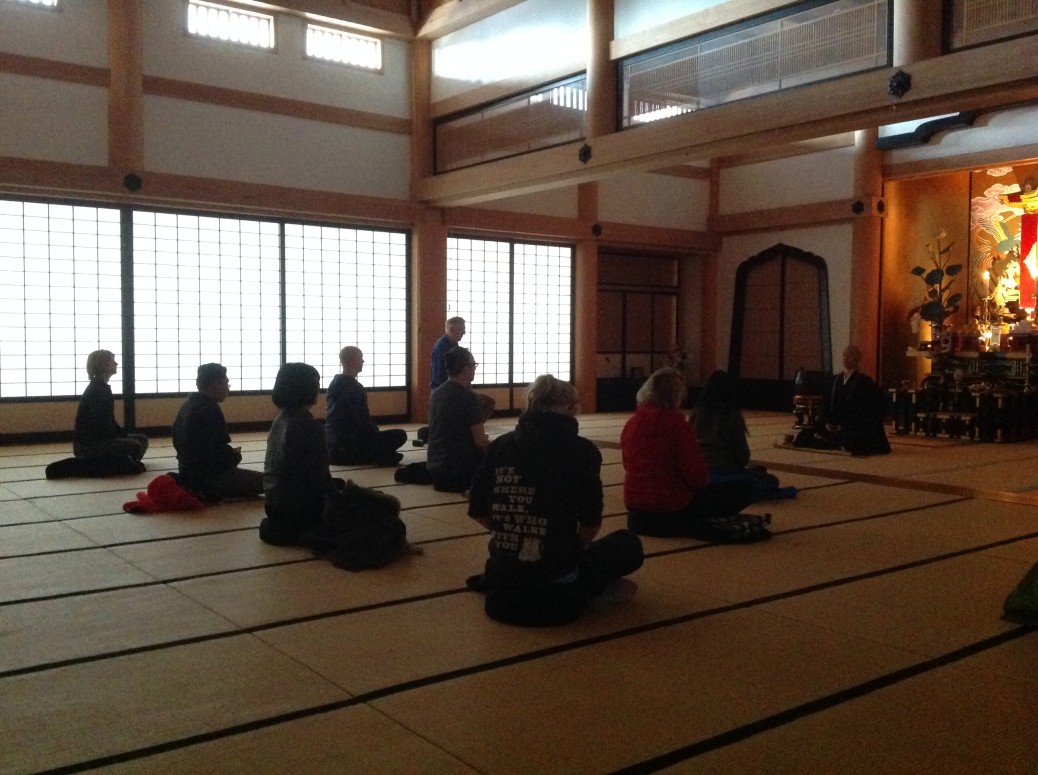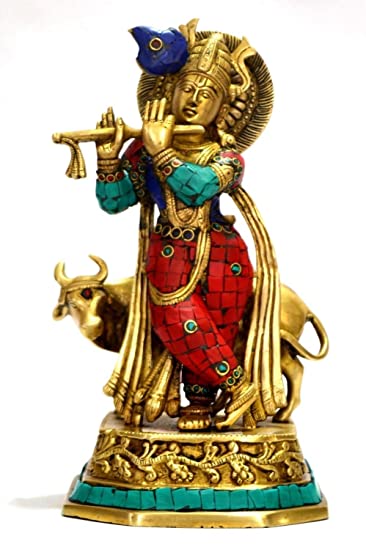A certain Zen teacher celebrated with his students, drinking sake and whiskey until after midnight, then rose the next morning before dawn. Peevish, he expressed annoyance that his American students had not risen in time to do zazen before morning service.
When they murmured that their sluggishness might be accounted for by all the drinks, the teacher snapped, “Sake is one thing, and zazen is another! They have nothing to do with each other!”
Your Acts Are Irrelevant
Why did the teacher slap Peevish when they murmured that their sluggishness might be accounted for by all the drinks? Teacher said that – Sake is one thing, and zazen is another! They have nothing to do with each other!
Teacher means that you don’t interconnect. Take everything as it is. Zazen is not above and sake is not below. Zazen is not virtuous and sake is not sin. It is something to do with your awareness. As your acts are irrelevant because they are not central; in the center is your consciousness.
Then What Is Sin?
There is a very basic difference. To the biblical religions – to Jews, Christians, and even Mohammedans – the concept of sin is totally different than it is to the Hindus and Buddhists. The concept of sin in Christianity, in The Bible, is related to your acts – to what you do. What you do may be a sin, or it may not be a sin; it may be a virtue but it is related to your doing. To the Upanishads, it is not related to the doing at all. What you do is irrelevant; what you are is the point. It is not the doing but the being itself that is significant.
So what will it mean to call a man a sinner? We mean that he is ignorant, unaware of his own self. Because of this ignorance, his acts become sins. The act can become a sin only because the doer is ignorant, unaware, unconscious, is living in a state of sleep. Ignorance is sin and awareness is virtue. Your acts are irrelevant because they are not central; in the center is your consciousness. If something is wrong with the consciousness, your acts will go wrong. If the consciousness is set right, your acts will follow.
So just to go on changing your acts will not lead you anywhere. You can commit a sin, you can repent a sin, you can replace a sin by a virtue, by a virtuous act – but it will not be of any meaning for the Upanishads if you remain the same. Unless you change, your consciousness changes, unless you attain a new plane of being, a new plenitude, just a change of your acts is useless.
So the Upanishads do not think in terms of acts; they think in terms of your being. Alert, aware, conscious, you are virtuous. Why? – Because the more you are alert and conscious and aware, the less is the possibility of committing a sin. The basic requirement for committing a sin is to be unconscious.
For example, you can be angry only if you forget yourself. If you are self-remembering, aware, anger is impossible. It cannot exist with awareness. No coexistence is possible. When you are aware, it is not that you control your anger, restrain your anger, suppress your anger – no! It simply cannot be there. In a fully aware person, anger cannot exist; just as in a fully lighted room darkness cannot exist. Coexistence is impossible.
Learning from the story Sake And Zazen: Your Acts Are Irrelevant
Experience Learning
The moment you bring a lamp into the dark room, the darkness is no more there. With the light the darkness cannot exist. And the Upanishads say it is futile and foolish to fight with darkness because you cannot fight with darkness. If you fight you will be defeated. Howsoever strong you may be, you cannot fight darkness because darkness is only the absence of light. Bring the light and darkness disappears.
The Upanishads say sin is darkness. Bring the light of consciousness and sin disappears. Do not fight with the sin; do not be concerned directly with the sin; do not think in terms of sin. Otherwise you will feel guilty and it will not be a spiritual growth; rather, it will be a fall.
Christianity has made people very guilty because whatsoever you do is a sin and you have to fight with it. And nothing comes out of it. The more you fight with a sin, the deeper its roots go in you. The more you fight, the stronger it becomes. The more you fight, the more you are a victim of it. Why? – Because the fight is with darkness. You cannot win; there is no possibility of victory. And when you get defeated again and again, you become guilty, inferior.
This whole effort of fighting with sins, with wrongdoings, makes you feel guilty and inferior. You start feeling that you are absolutely unworthy, that you cannot do anything. Your spirit is not integrated through this fight; rather, it becomes ill with an inferiority complex, a guilt complex.
The Upanishads say sins are not important. What you do is immaterial, what you are is the point. If you are committing sins it shows only one thing: that you are fast asleep, unaware. So do not fight with the sins; rather, on the contrary, move within and become more and more alert. As alertness grows within, sins disappear without. A moment comes when you are simply a flame of light within, alert to whatsoever you do, alert to whatsoever moves in the mind, alert to whatsoever happens in you. There is no sin then.
And this is possible; this victory is just within your hands. Then you will never have the feeling of being guilty and inferior; you will never feel that you are unworthy. The more you make an effort to be conscious, the more and more you will feel accepted, worthy, welcome – the more you will feel that in you God has some destiny to fulfill.
I call this approach more scientific, more religious, because it gives man; a dignity. If you are concerned with sin as an act, it gives you guiltiness and guiltiness cannot make you religious. And through guilt you cannot feel the divine because your own guilt becomes a barrier. If you are deeply in guilt, you cannot feel in any way grateful to the divine. The gratitude cannot exist there.
When you are accepted, when you feel worthy, when you feel the abode of the divine, when you feel that a center in you exists which is beyond all acts, when you come nearer and nearer to this inner flame, you become more and more grateful. Gratitude is the perfume that happens to a religious mind. Guilt is just a bad odor, just a bad smell. If you feel guilty, around you there is a bad odor, a bad smell.
Tags: Human Consciousness Samkhya Shunyam Upanishads Witnessing Self Your Acts Are Irrelevant










